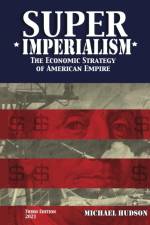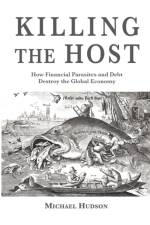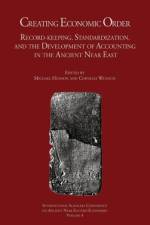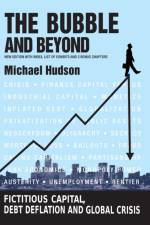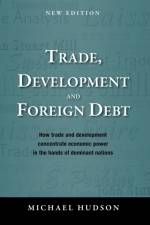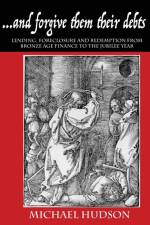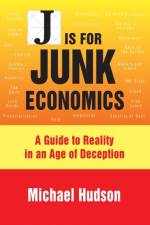- Good News for a Partisan World
av Michael Hudson
191
"Hope and Change" or "Make America Great Again," these are just some of the recent promises political candidates have campaigned on to get elected. The temptation to put our trust in politicians and political parties is great. After all, there have been some great men and women who have run for office and done good things. Yet, even so, we have an expectation that one day someone will come along who can really fix things. Election after election, we keep waiting for that day to arrive.But what if that day has already come? What if that candidate has already come on the scene? What if someone ran for the highest office and was able to keep his campaign promises? Would you vote for that person? What would that campaign look like? Turns out, it would look a lot like the Gospel of Mark.The Campaign: Good News for a Partisan World looks at the Gospel of Mark like a political campaign. Mark comes complete with everything you need for a high-stakes contest. It has a reform candidate, primaries, slogans, campaign rallies in different towns, grassroots support, campaign promises, a party platform, opposition from the establishment, debates, false accusations, bribes, election eve sabotage, an assassination, and of course, a vote. Read this book and decide for yourself if The Campaign is really good news for a partisan world!

